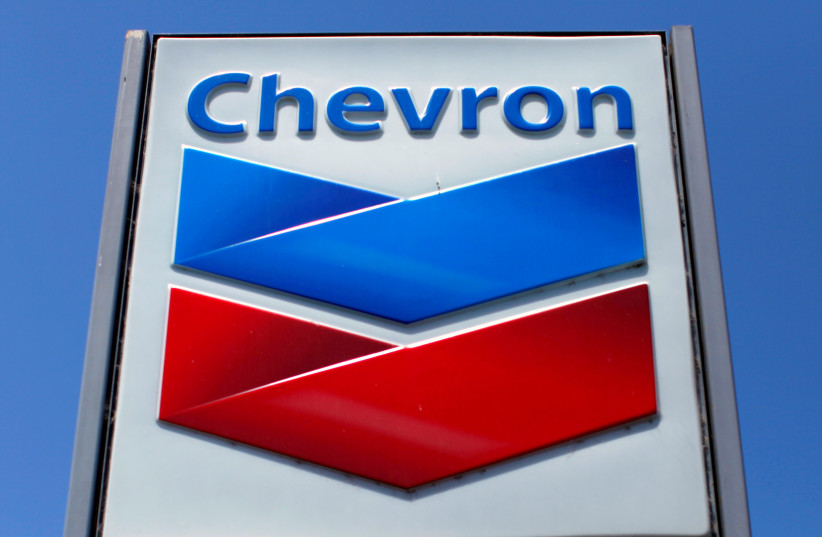Addressing the Energy and Business Convention in Ramat Gan, Jeff Ewing, Managing Director of Chevron’s Chevron Eastern Mediterranean Business Unit, said that Chevron believes that the future of energy is lower carbon.
He explained that Chevron’s lower carbon strategy involves lowering the carbon intensity of its traditional oil and gas business, utilizing renewables and offsets in support of company operations, and investing in fast-growing lower carbon businesses.
Chevron has increased its lower carbon capital investments, said Ewing, adding that it expects to spend over $10 billion between now and 2028 on lowering its carbon emissions and building new lower carbon businesses. The company will continue to reduce the carbon intensity of its operations, focusing on methane management, flaring reduction, and energy management.
“Our strategy is to combine our high performing traditional oil and gas business where we are focused on lowering the emissions and combine it with faster-growing lower carbon businesses that leverage our capabilities, assets, and customer relationships,” said Ewing.
Ewing added that Chevron’s position in the Eastern Mediterranean has made it a major player in the region.

Seventy percent of Israel’s electricity production is supplied by the gas from Tamar and Leviathan fields that Chevron operates.
Ewing noted that Chevron’s gas exports to neighboring countries help build relationships in the region and said that Chevron wants to grow the gas production and increase exports in the region.
“Gas is part of the energy transition story,” he said. “In Israel, the replacement of coal with natural gas to generate power has already made a noticeable difference in Israel’s air quality.” Ewing praised Chevron’s Israeli workforce, saying that “it’s our talented people in the Eastern Mediterranean that will enable us to achieve our business goals and objectives, and ultimately achieve our full potential.”
